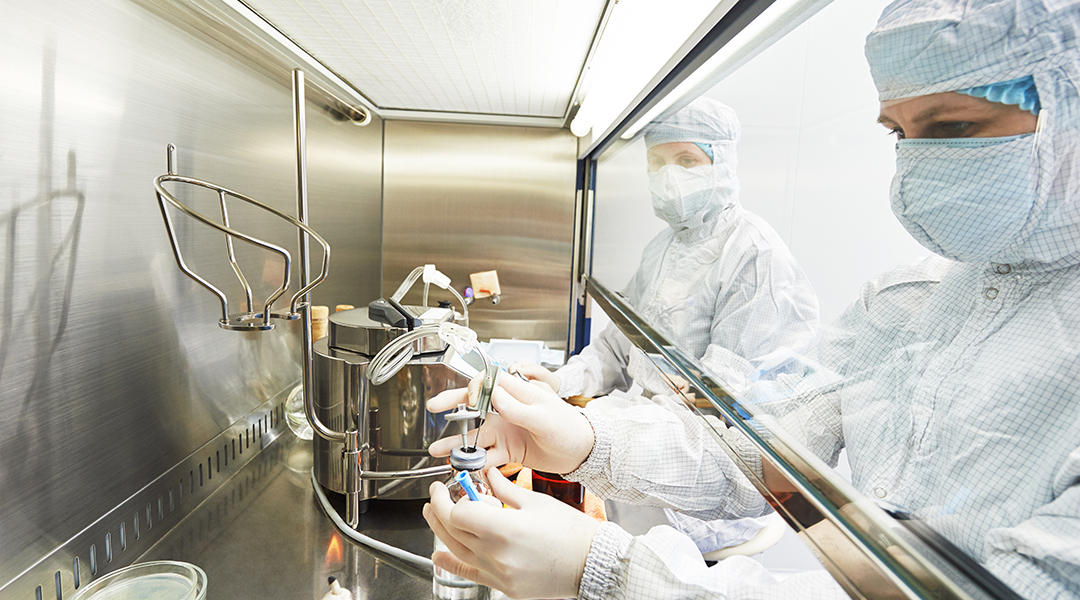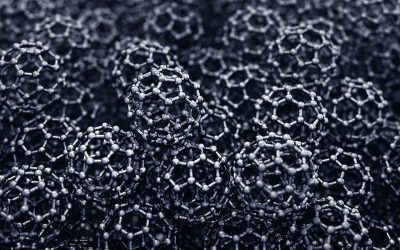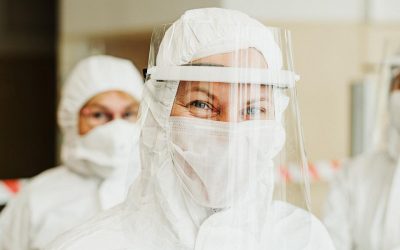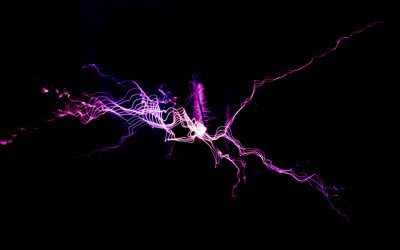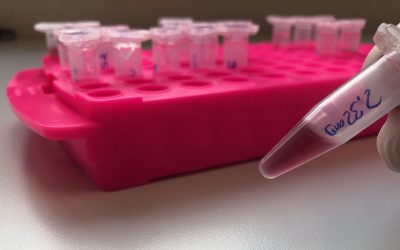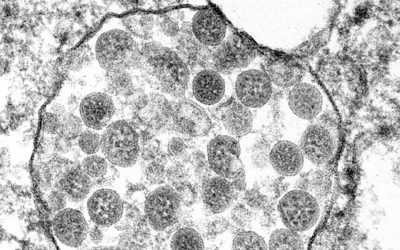Image credit: Dmitry Kalinovsky/Shutterstock
A global Phase 3 clinical trial for a promising coronavirus vaccines was put on hold this week after a participant in the UK fell ill. The trial is currently being held at locations around the globe to test a vaccine being developed by researchers at the University of Oxford in collaboration with the pharmaceutical company AstraZeneca.
In a statement released yesterday by AstraZeneca, the company said that the trial was voluntarily put on hold “to allow an independent committee to review the safety data of a single event of an unexplained illness that occurred in the UK Phase III trial”. The nature of the adverse event is unknown and could be unrelated to the vaccine.
“This is a routine action which has to happen whenever there is a potentially unexplained illness in one of the trials, while it is investigated, ensuring we maintain the integrity of the trials. We are working to expedite the review of the single event to minimize any potential impact on the trial timeline. We are committed to the safety of our participants and the highest standards of conduct in our trials,” the statement notes.
The vaccine under investigation, AZD1222, is a viral-vector vaccine based on an adenovirus isolated from chimpanzees, which is responsible for the common cold. These vectors work by removing pieces of the adenovirus’ genetic code that makes it infectious or harmful, and fitting it with fragments of the novel virus, such as the coronavirus’ spike protein. This allows the body to recognize SARS-CoV-2’s artillery to preemptively build it’s own immune defense against the virus without experiencing harmful infection.
AZD1222 was successful in Phase 1 and 2 assessments, where dose assessments are carried out on healthy individuals and efficacy and side effects are evaluated. AZD1222 moved into Phase 3 in recent weeks and involves 30,000 participants in the US, UK, Brazil, and South Africa. Hopes are high that the vaccine would be successful and become available to treat the spreading pandemic.
Adverse reactions are not uncommon in clinical trials, and while the current pause may seem alarming — especially given the amount of global attention it is getting — as the statement indicates, this procedure is routine and demonstrates that checks and balances are still in place to ensure the safety and effectiveness of the new vaccine despite enormous amounts of political pressure.
Phase 3 clinical trials normally take years to fully assess the safety profile of a new drug or vaccine, but given the rate at which COVID-19 is spreading around the globe and the impact it’s having, especially on vulnerable populations, governments are pushing for a vaccine to reduce deaths and get economies back on track.
There are also numerous challenges in developing a vaccine during an evolving pandemic, and experts warn that this does not mean that safety should not come first; launching a new vaccine without taking the time to fully assess its risks could bring future setbacks. These are unprecedented times and no vaccine has ever been developed this quickly. The worry is that if standards are lowered as vaccines are rushed through the checks and balances meant to keep patients safe, then this would not only lead to disastrous health outcomes, but would also further damage the public’s trust.
Without knowing the nature and severity of the participant’s reaction, it is hard to say what impact this will have on the trial and the timeline for the vaccine’s approval. Experts are hopeful that the incident will be quickly resolved.

